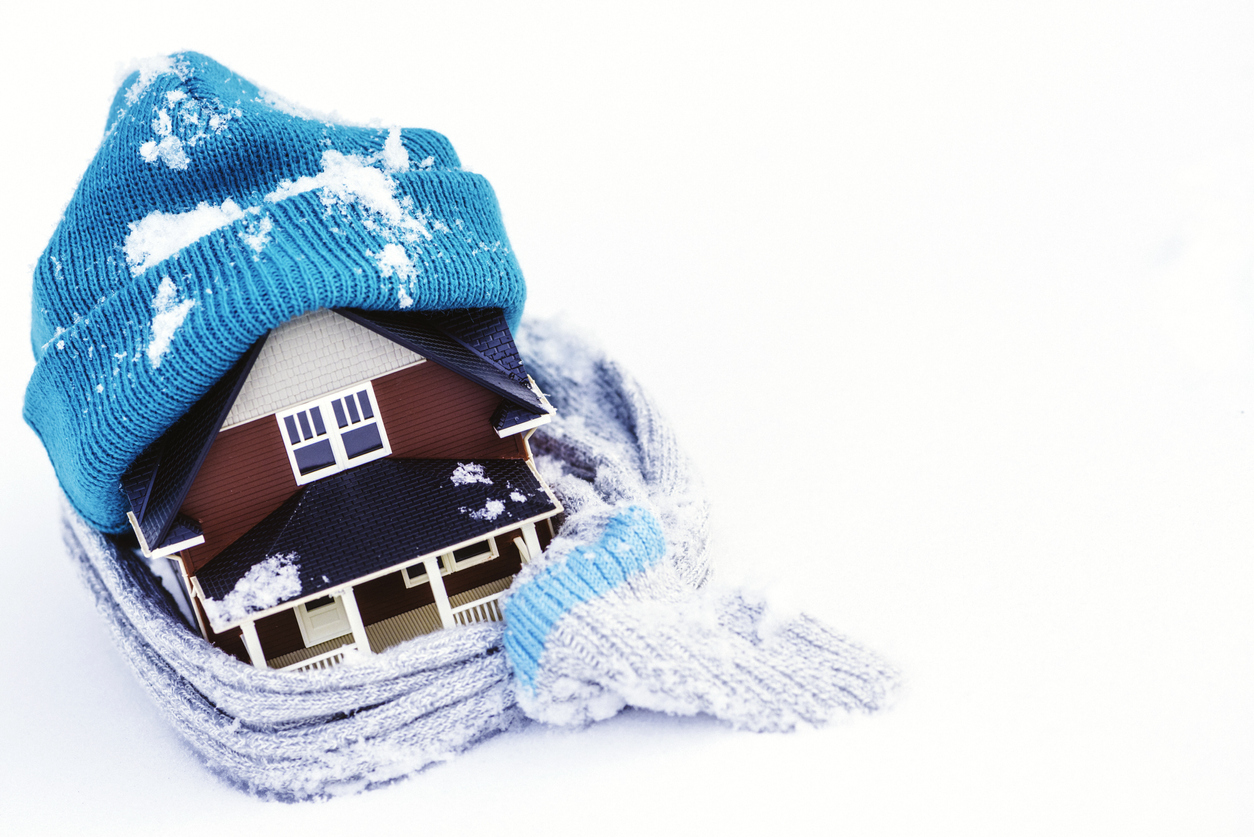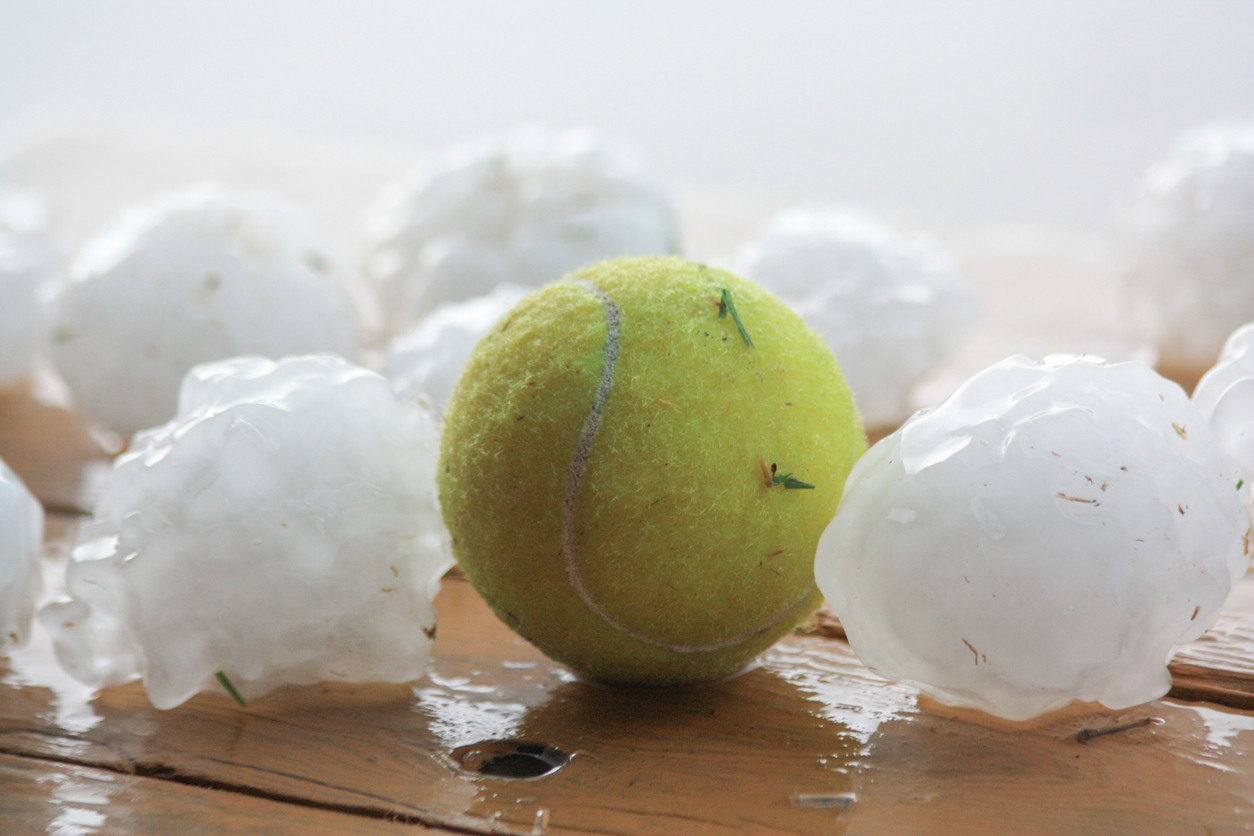As many people are just finding their way to a summer home or cabin for the summer, thinking about how you close-up or winterize your property is the furthest thing from your mind. But, the recent case of Manco v. Cumberland Mutual Fire Insurance Company, 2020 WL 2214479 (D. N.J. May 7, 2020), is a good reminder to all homeowners of the importance of protecting against frozen pipes when fall and winter come.
For about thirteen years the insured, with the help of her son, had been closing her summer property the same way in the fall. Circuit breakers were checked and left on with the exception of the hot water heater, and each baseboard heater and thermostat in every room is set to “low.” Low is less than 40 degrees Fahrenheit, but it is not marked with an exact number. The insured also relied upon a plumber to winterize the property, which included turning the water off at the street and draining the lines.
In 2017, the insured’s son followed his normal procedures and turned all baseboard heaters/thermostats to “low.” The insured also called the plumber to winterize the property. Unfortunately, the plumber did not winterize the home and on December 18, 2017 the insured was advised that a pipe froze and water damaged the property. The insured made a claim with the insurer, who ultimately denied the claim on the basis that it resulted from a frozen plumbing supply line, because heat not being maintained, and the property not winterized.
The insured filed suit, in part, against the insurer for breach of contract. The insurer retained an engineer who concluded that the subject thermostat when set to “low” would not maintain an ambient temperature above freezing in the space it was serving. The insured also retained an engineering expert who disputed the findings of the insurer, and specifically noted that none of the plumbing froze or failed in any room where there was a baseboard heater, rather the failure was in the attic above the second floor in the attic, which “was not in the heating zone of the house.”
At the time of summary judgment, the court analyzed the policy’s exception to frozen plumbing. In relevant part, the court noted that the policy’s exception where “appliances or equipment are drained and the water supply shut off” is written in the past tense, such that any “ongoing” efforts to winterize the property were insufficient to trigger the policy’s exception. In other words, the policy’s use of the words “drained” and “shut off” indicated that the insured must complete winterization. However, the phrase “maintain adequate heat” indicates an “ongoing” effort. The court denied the insurer’s motion for summary judgment, concluding that a reasonable jury could find that the insured maintained adequate heat in the building as evidenced by her usual routine which included leaving the electricity on and setting the thermostats to low, which did not cause pipes in the living spaces to freeze.
Making sure you know the requirements of your policy when it comes to any exception to frozen plumbing is important, particularly when you have a summer home or cabin that may be empty for an extended period of time.




